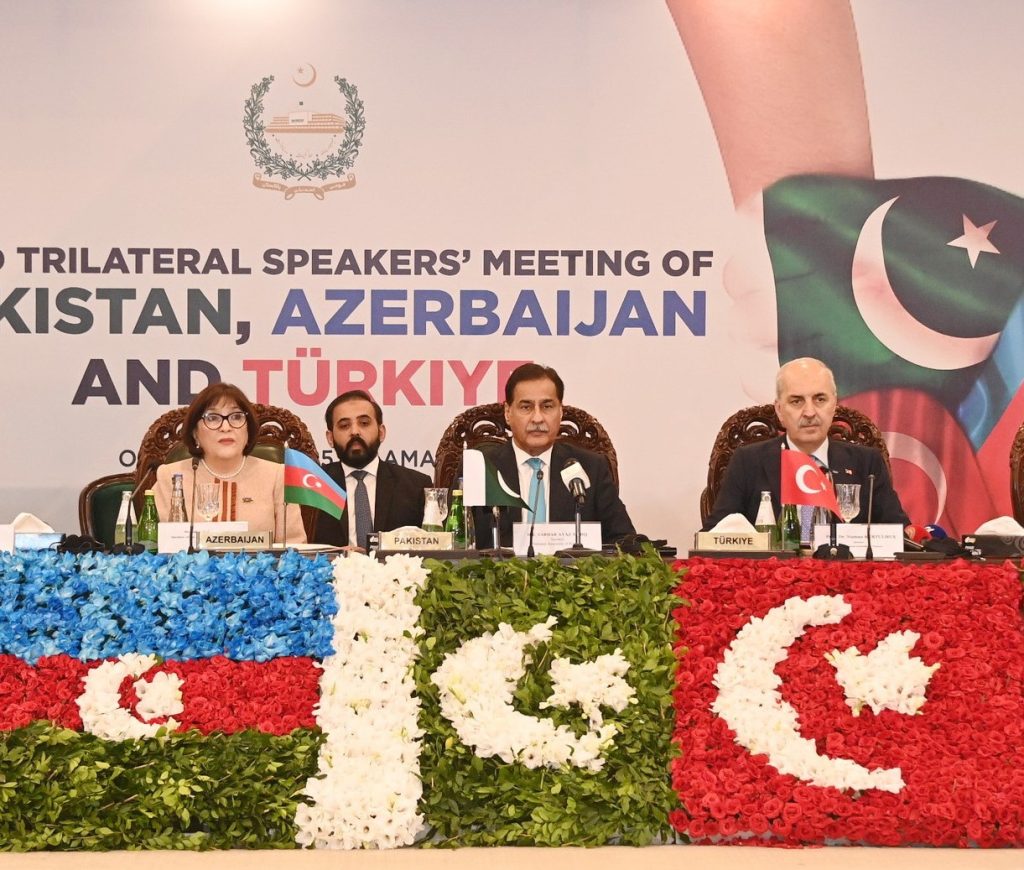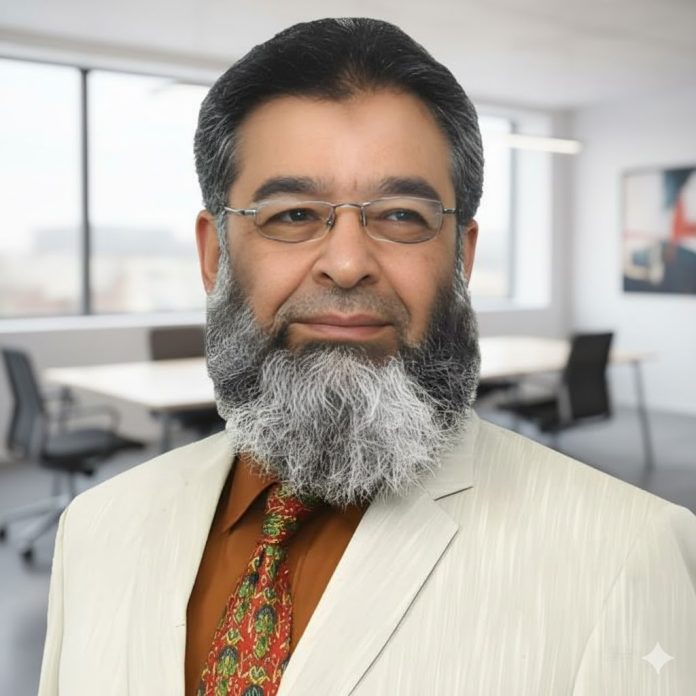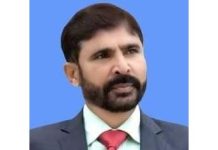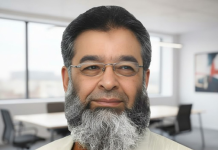By Muhammad Mohsin Iqbal
The Muslim world today stands at a critical juncture, facing an array of complex challenges that test not only its stability but also its collective will to secure peace, prosperity, and dignity for its people. Among these challenges, security remains one of the most pressing. Terrorism, economic instability, political divisions, and external interference have hindered progress across several regions of the Muslim world. Yet, amid these trials, there remains a strong and growing recognition that dialogue and cooperation—both within the Muslim community and between Muslim and non-Muslim nations—are indispensable for charting a more stable and prosperous future.
To address these multifaceted issues, countries have increasingly turned to joint forums at the governmental and parliamentary levels. These platforms enable nations to consult, deliberate, and formulate strategies to tackle common problems collectively. Among those who have played an instrumental role in advancing this form of parliamentary diplomacy is the Speaker of the National Assembly of Pakistan, Sardar Ayaz Sadiq. Through his leadership, Pakistan has not only reinforced its role as a vital participant in global parliamentary diplomacy but also positioned itself as a bridge among Muslim nations seeking unity and common ground.

Sardar Ayaz Sadiq has consistently sought to strengthen Pakistan’s parliamentary engagement with the rest of the world. His approach is defined by an awareness of both Pakistan’s national priorities and the broader concerns of the Muslim ummah. He is widely recognized for his ability to listen, deliberate, and build consensus—qualities essential in a world increasingly divided by ideological and geopolitical fault lines. He has taken meaningful initiatives to promote regional cooperation, understanding that the challenges faced by Muslim countries—ranging from economic disparities to defense vulnerabilities—can best be confronted through dialogue and mutual respect.
In this spirit, he has been a driving force behind the creation of regional parliamentary forums that bring together nations bound by faith, culture, and shared aspirations. Among these, one of the most significant developments is the establishment of the Trilateral Speakers’ Forum between Pakistan, Azerbaijan, and Türkiye. The conception of this forum took root during the Second General Conference of the Parliamentary Assembly of the Economic Cooperation Organization (PAECO), hosted by the National Assembly of Pakistan in Islamabad in June 2021. It was there that the three nations, recognizing their deep historical and cultural bonds, resolved to institutionalize their cooperation through a dedicated parliamentary platform.
The first meeting of this forum was graciously hosted by H.E. Ms. Sahiba Gafarova, Speaker of the Milli Majlis of Azerbaijan, in Baku in July 2021. The conference culminated in the adoption of the historic Baku Declaration, a document that laid the foundation for long-term cooperation in areas such as trade, security, technology, and cultural exchange. The following year, the initiative was carried forward under the stewardship of H.E. Prof. Dr. Mustafa Şentop, the then Speaker of the Grand National Assembly of Türkiye, who hosted the second Trilateral Speakers’ Conference in Istanbul in July 2022.
The Istanbul Declaration that emerged from this gathering underscored the importance of parliamentary diplomacy as a vital instrument for fostering international understanding and cooperation. It also proposed transforming the forum into a more structured and practical mechanism for trilateral collaboration among the three brotherly nations. During that conference, Sardar Ayaz Sadiq extended an invitation for Pakistan to host the third meeting of the Forum, an offer that was warmly and unanimously welcomed.
Preparations were soon underway to hold the third Trilateral Speakers’ Meeting in Islamabad in March 2023. However, this plan was postponed due to the devastating earthquake that struck the Republic of Türkiye in February 2023, leading Pakistan to express its solidarity through relief efforts and diplomatic support. Now, after careful rescheduling and renewed commitment, Pakistan stands ready to host the Third Trilateral Speakers’ Conference from October 12 to 14, 2025, in Islamabad.
This forthcoming conference will bring together H.E. Ms. Sahiba Gafarova, Speaker of the Milli Majlis of Azerbaijan, and H.E. Prof. Dr. Numan Kurtulmuş, Speaker of the Grand National Assembly of Türkiye, who will lead their respective parliamentary delegations. The theme of the meeting—“Strengthening Fraternal Ties: Parliamentary Cooperation for Regional Peace, Security, and Prosperity”—aptly reflects the shared vision of these three nations. Their discussions will encompass critical global and regional issues, including new and emerging threats to peace, the growing urgency of environmental challenges posed by climate change, and the pursuit of sustainable economic development.
Beyond these immediate concerns, the forum will explore pathways to deepen collaboration in diverse sectors such as trade, investment, science, technology, education, and culture. The gathering will serve not merely as a symbolic gesture of friendship, but as a working platform to translate the ideals of cooperation into practical outcomes that benefit the people of all three countries.
The initiative represents more than a diplomatic engagement—it is a reaffirmation of the enduring brotherhood that binds Pakistan, Türkiye, and Azerbaijan together through shared faith, common struggles, and mutual respect. It also demonstrates Pakistan’s continued resolve to promote peace through dialogue rather than division, and to champion the principles of unity and collaboration that form the essence of the Muslim world’s moral and political philosophy.
In a world where misunderstandings between civilizations often eclipse opportunities for cooperation, the Trilateral Speakers’ Forum stands as a testament to what parliamentary diplomacy can achieve. Through persistent effort and visionary leadership, Pakistan and its partners are setting an example for others to follow—a reminder that when nations come together in goodwill and mutual respect, the possibilities for peace and progress are boundless.

















